We live at a time of universal polymathy. We don’t know everything, but there’s not much difficulty in being able to discover any given truth. But it’s worth remembering just how hard it used to be to find things out. Thirty years ago if you wanted to research off your own bat it meant a trip to the public library — and perhaps filling out a form for an inter-library loan. Or you could try your luck in a bookshop, new or secondhand. The whole process took a long time, and most people stayed within their professional competence or enthusiasm, frankly admitting to ignorance outside those limits. It was the age of the specialist, memorably captured by Michael Frayn in Donkeys’ Years and the character of Kenneth Snell:
Take me, for instance. I’m working on parasitic infestation of the small intestine. Now, I can trace my path into the small intestine. I can follow it step by step from when I was four years old, and I first observed regurgitation. A herring gull at Llandudno, in North Wales, as it happened, and curiously enough it was near Cardiff in South Wales that I first became involved with intestinal worms, which is the other strand of the story. Now, I can remember when I first got the job I thought, the possibilities are endless! The whole alimentary canal lies open to me!
These days, thanks to the internet, research takes just a moment, though it may be grossly inaccurate. A reliable book on the subject can be downloaded in seconds or an out-of-print volume ordered. Whether you can understand the argument once you’ve read it is another matter, though you can always pretend. The past few weeks have turned many of us into amateur epidemiologists with decided views on R numbers, while lovers of political theories of control happily bandy about what Giorgio Agamben said about ‘the state of exception’. And there are countless hobbyists now learning to cook, sew, speak Arabic or master the art of origami (I am learning the mandolin.) Even in the very recent past this would have been impossible — and we tended to be left in awe of Maynard Keynes’s knowledge of economics and post-impressionist painting, for instance, or of Gladstone’s expertise in theology.
Whether the polymath actually attains real command of several properly different activities is a pertinent question. Peter Burke’s book races through hundreds of individuals with claims to have done so — many of whom were dismissed by specialists as charlatans. Buckminster Fuller, Foucault, Derrida, Marshall McLuhan and Lacan were regularly described as such, and Kenneth Boulding was said to be ‘much admired as an economist — by non-economists’. The great man who gave up his expertise to devote his life to mediocrity (as Isaiah Berlin described the scientist-turned-philosopher Michael Polanyi) is not a rarity; Cartier-Bresson was a superb photographer, and in later life a very unimpressive graphic artist.
So one must conclude that the person who achieves true distinction in many disciplines is someone different. Goethe genuinely advanced fields of scientific inquiry such as geology and colour theory; Nabokov is always said to have been an eminent entomologist. Leonardo da Vinci, naturally, is an obvious candidate, with his speculative drawings about engineering projects, though Michelangelo (strangely not mentioned by Burke) was probably just as successful a polymath, achieving masterpieces of the first rank in painting, sculpture, architecture and poetry. Beyond a handful of freaks such as these, we find a lot of experts who dabbled in something else — and we are left trying to admire the paintings of Churchill and Strindberg or the novels of C.P. Snow. If Gladstone had been just a theologian, nobody would have given him a second thought.
Another question is how you define those divisions that polymaths supposedly somersault over. Nowadays we tend to organise subjects in the way universities do; but in the past they didn’t think in those terms. Burke remarks on more than one theologian who was also a philosopher, but I doubt whether these would have been regarded as different disciplines at the time. Mathematics has an odd habit of wandering into very different activities. The now ubiquitous combination of philosophy and maths would have astonished previous ages, as would the entry of real mathematical expertise, rather than arithmetic, into economics. The subject can appear in still more surprising fields; J.F. Burrows’s remarkable Computation into Criticism: A Study of Jane Austen and an Experiment in Method (1987) uses a mathematical model to show how the frequency of prepositions, personal pronouns, objects and conjunctions differs between the speech of one character and another in Austen’s novels. It looked very impressive to me, but of course I don’t know anything about maths.
Burke’s book rather skates over the surface of polymathic phenomena — but how could it be otherwise? It’s hard enough to understand whether even Goethe achieved anything in all his fields of inquiry. To cover hundreds of others who are supposed to have excelled in more than one subject is impossible. The author’s approach is to whizz through the centuries, beginning in earnest with the many-sided ideal of the Renaissance. Several accounts that follow are too brief to be informative, such as the statement that a 17th-century Swede ‘contributed to the study of anatomy, languages, music, plants and antiquities’. Contributed what, exactly?
So the hugely inflated number of cases Burke produces is unhelpful. Is Judith Butler’s supposed eminence in ‘philosophy, linguistics and politics’ enough to qualify her? Some figures, such as Coleridge or the French encyclopaedists, dabbled variously, while others — Francis Galton, Marx and Freud, for example — drew on a range of previously distinct disciplines to forge
a compelling new single subject, and their followers cannot be considered polymaths. Considering how usual it is to speak multiple languages outside the Anglo-Saxon world, it is not convincing to cite an ability to write Latin as evidence of polymathy. When Leonardo described himself as ‘omo sanza lettere’, it signified something more specific than Burke’s translation — ‘a man without learning’: he meant his Latin and Greek were not up to much. It wasn’t evidence of prodigy to understand the learned languages.
Though it would have been better to have focussed on half a dozen genuine cases, exploring where real contributions have been made in different areas, Burke has nevertheless unearthed a fair number of bizarre show-offs, medical cases and eccentrics. There are plenty of candidates for the title of ‘the last man who knew everything’, from Athanasius Kircher to the physicist Enrico Fermi. In fact these days we are all that man or woman; you only need to resort to Wikipedia to realise how outdated the idea of knowing everything — or indeed anything — has become.
Got something to add? Join the discussion and comment below.
Get 10 issues for just $10
Subscribe to The Spectator Australia today for the next 10 magazine issues, plus full online access, for just $10.
You might disagree with half of it, but you’ll enjoy reading all of it. Try your first month for free, then just $2 a week for the remainder of your first year.

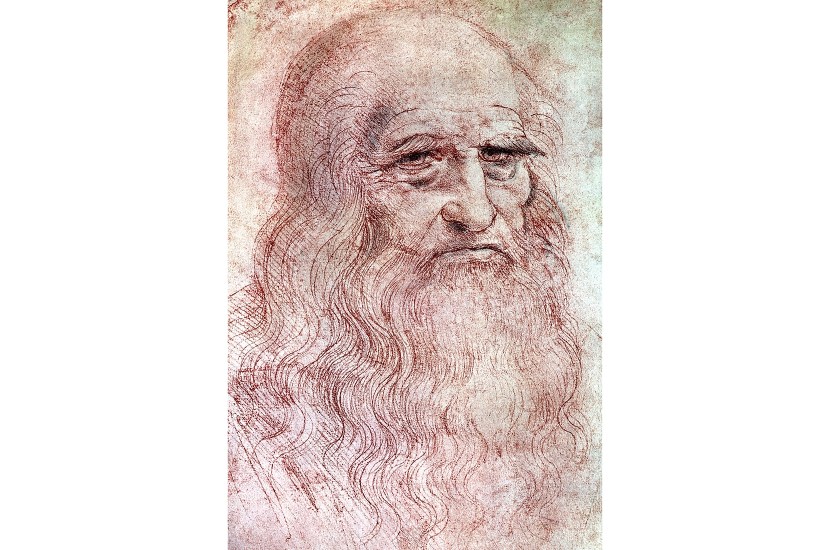

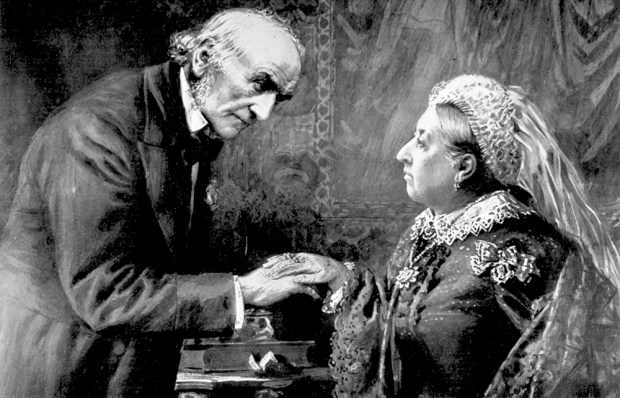
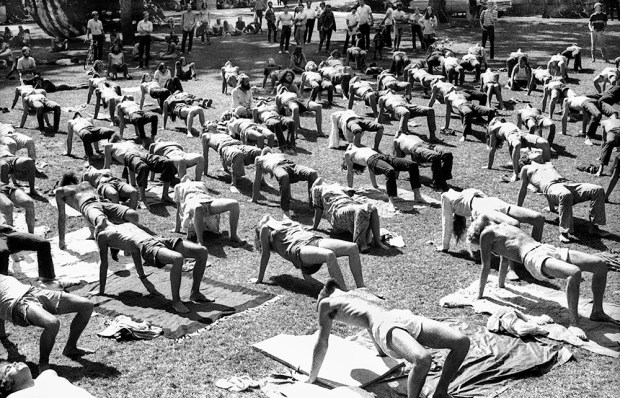
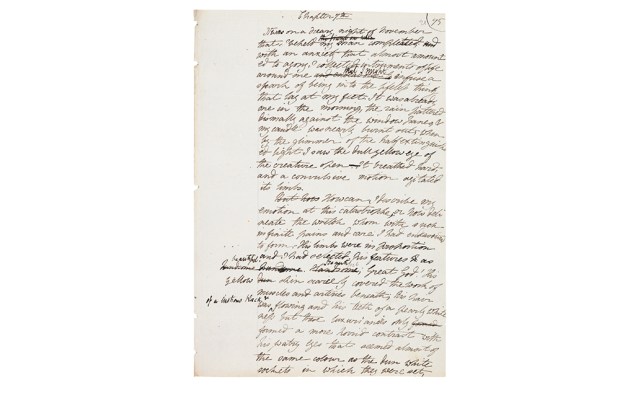
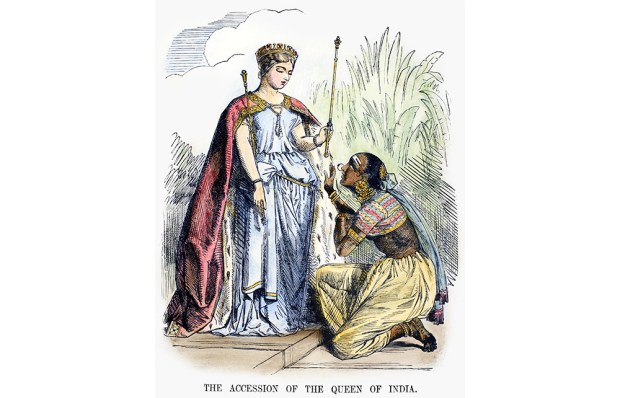
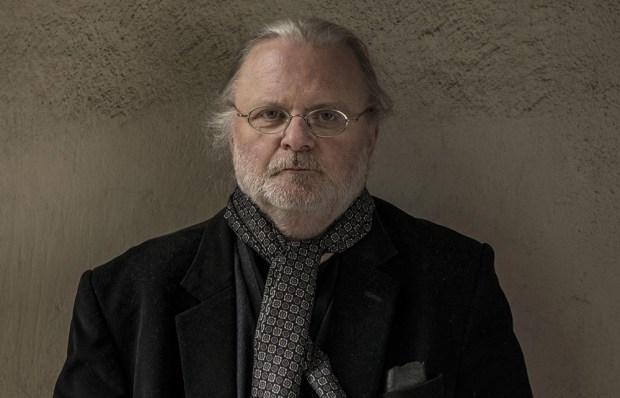






Comments
Don't miss out
Join the conversation with other Spectator Australia readers. Subscribe to leave a comment.
SUBSCRIBEAlready a subscriber? Log in